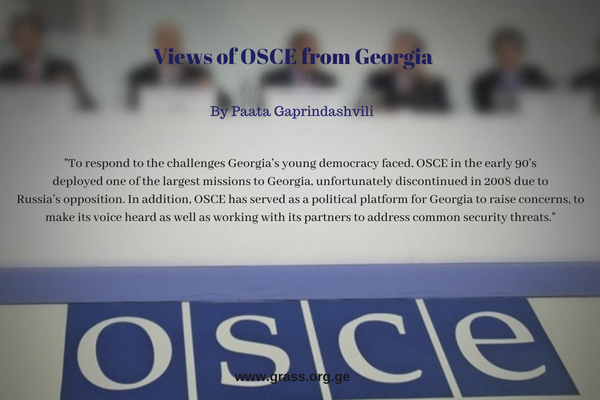Two Years in Government: Georgian Dream’s Performance Review

28 May, 2015
0
AUTHORS: ARTICLE 42 OF THE CONSTITUTION; CIVIL DEVELOPMENT AGENCY (CiDA) ; ECONOMIC POLICY RESEARCH CENTER (EPRC); GEORGIA'S REFORMS ASSOCIATES (GRASS); GEORGIAN YOUNG LAWYERS' ASSOCIATION; GREEN ALTERNATIVE; HUMAN RIGHTS CENTER; HUMAN RIGHTS EDUCATION AND MONITORING CENTER (EMC); IDENTOBA; INSTITUTE FOR DEVELOPMENT OF FREEDOM OF INFORMATION (IDFI); INTERNATIONAL SOCIETY FOR FAIR ELECTIONS AND DEMOCRACY (ISFED); MULTINATIONAL GEORGIA (PMMG); OPEN SOCIETY GEORGIA FOUNDATION (OSGF); PARTNERSHIP FOR HUMAN RIGHTS (PHR); TRANSPARENCY INTERNATIONAL (TI) GEORGIA
The 1 October 2012 parliamentary elections established a new ruling parliamentary majority and brought the Georgian Dream Coalition in the executive power. As part of its pre-election promises, the new government pledged to undertake major reforms and changes in almost all aspects of governance, including: depolitization of the governance system, removing undue pressure from the private sector, improving protection of human rights and the welfare of citizens.
Georgian nongovernmental organizations (NGOs) have been following the processes since the 2012 elections very actively. Civil society representatives regularly responded to government initiatives and offered its recommendations to the respective institutions. NGOs were very often proactive about their recommendations, advocating for deep reforms in various policy fields.
The report provides an overview of the reforms and changes undertaken by the Georgian Dream government in over 20 key public policy areas, independent assessment and recommendations to tackle problems. These are areas which were often discussed by civil society and the authors believe more efforts are needed: general governance, electoral reform, local self-governance, human rights and equality, economy and investment environment, foreign policy, open government and media environment.



